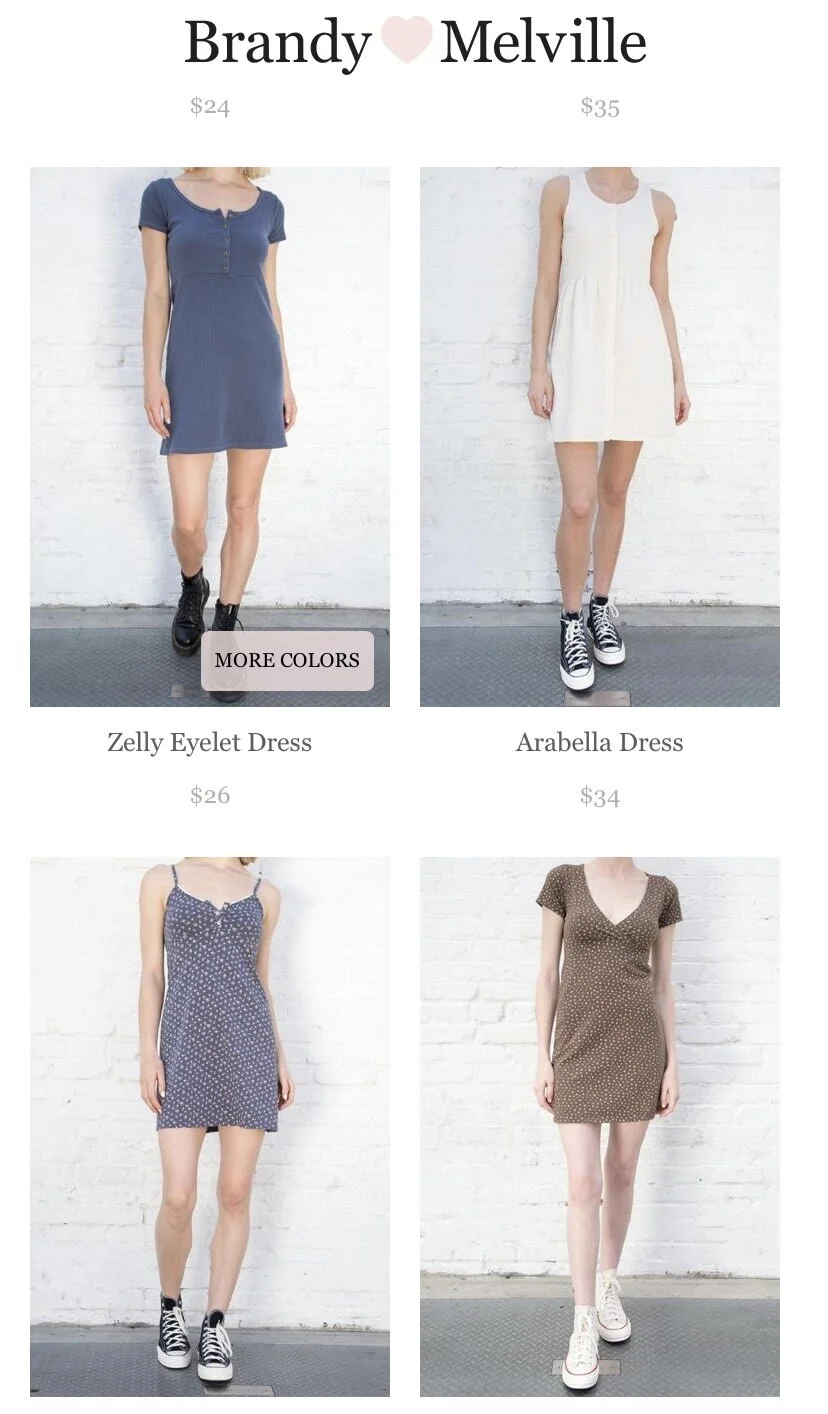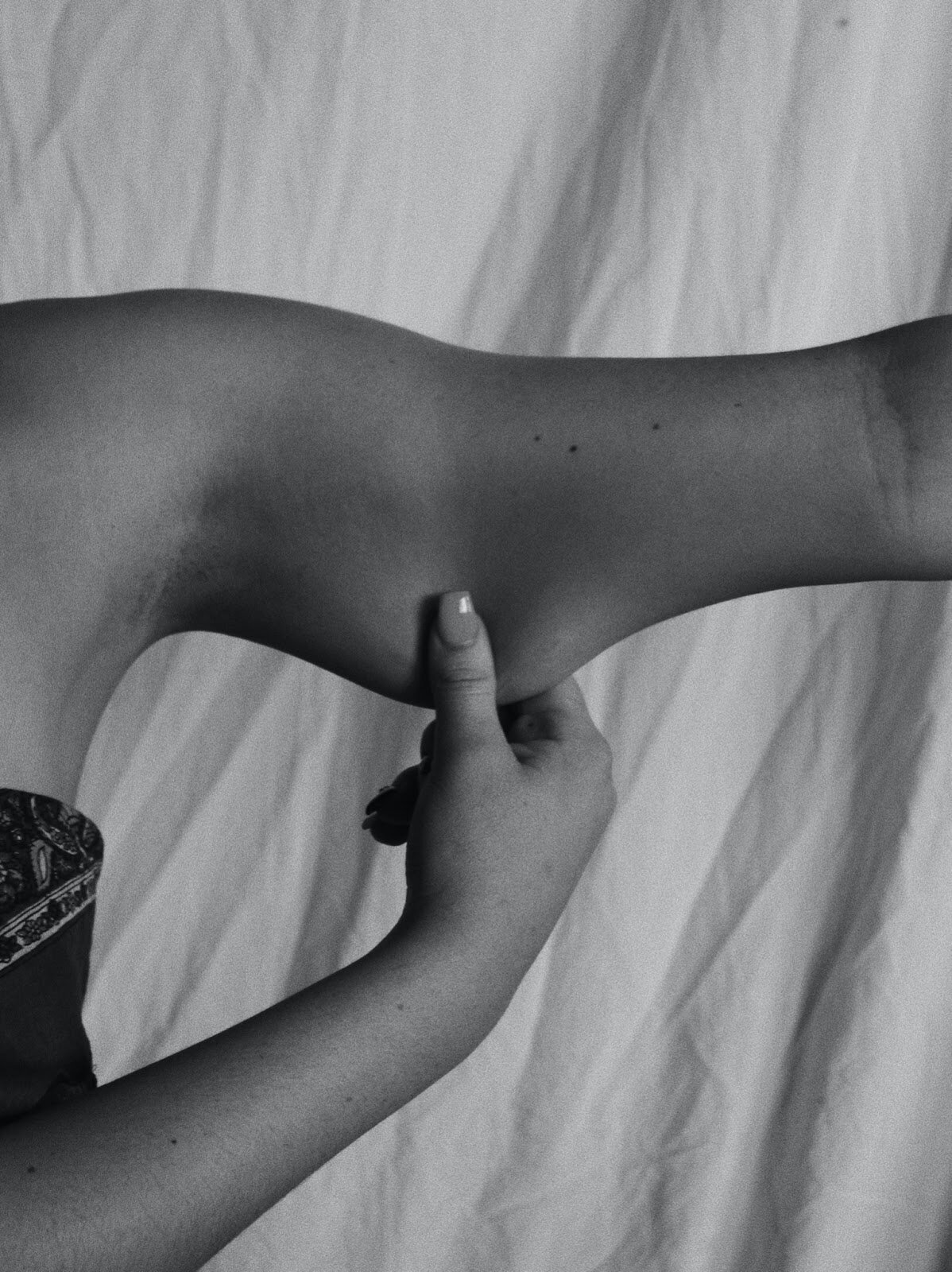Unfiltered
Shot by Camryn Watt
Social media is an incredibly compelling creative opportunity, a place to reflect who you are in a way that stretches conventional boundaries. However, it is also a collaborative world that emphasizes upon hiding our utmost insecurities. The beauty of self-doubt is that an insecurity to one human may be perceived as a strength to another. Insecurities are entirely personal and are truly incomparable. No matter what body you have, you are entitled to lack self-assurance.
On a public social platform, nonetheless, our doubts are commented upon and belittled. More often, humans' negative self-talk is masked through a beautifully edited image. The filtration of what is seen and not seen has become daunting and it is no doubt due to the vast range of apps to assist in perfecting our online identity. Filtration has led authenticity on public platforms to become rare and increasingly intimidating. The truth of the matter is, the media has clouded impressionable young minds with shallow perceptions, especially pertaining to “trendy or stylish” body types. A classic example of this is the brand “Brandy Melville.”
Generalized online perceptions have encouraged many influencers and fashion companies to promote styles associated with extremely specific body types. These silhouettes are often unachievable to a vast majority of media users. While it is important to seek a healthy body, it is harmful for fashion corporations to promote a petite frame as an “aesthetic.” In my experience, the amount of pressure I put on myself to obtain a certain body would be vastly different had I not been introduced to the world of media.
It is undeniable that the fashion industry does not accurately portray society itself, or individuals. It creates a misleading illusion that imperfections are shameful and must be hidden, rather than beautiful. It is no mistake that many “aesthetics” hide body rolls, cellulite, scars, uneven physical characteristics, and attributes of such nature. The harm in unrealistic body representation leads to self-doubt of personal worth, resulting in a massive health threat both mentally and physically. When scrolling your daily feeds, be wary of self-comparisons and moments of doubt because images are made up of various types of lighting, intricately planned angles, and, often, a load of detail-oriented editing. The image below illustrates a model before and after alterations. The unfortunate aspect of this concept is that the “before” shot needed absolutely no change to be beautiful.
I am insecure about the acne on my back. I often try to hide the blemishes so swimsuits can be nightmare fuel! Recently, I deeply questioned why exactly this is such a big insecurity. I concluded that the type of body persistently marketed is blemish free. To me, these “imperfections” are the purest, most raw form of beauty. My wonderful friends and I sought to capture the artistry of the unrefined human body. These images represent personal bodies, thus the models are anonymous unless posted to their personal media.
The innate motive to lack online vulnerability is understandable and incredibly valid. However, the future of the fashion industry, and online authenticity, is about mindfulness and positive progression, not perfection. If you are anything like me, you may feel overwhelmed trying to shop ethically. Rest assured, there are a vast range of notable brands who successfully promote inclusive values including Tunnel Vision, Mod-Cloth, Universal Standard, and Aerie. Truthfully, I can make improvements upon my online authenticity, and evaluate more carefully the values of the brands I invest into.





